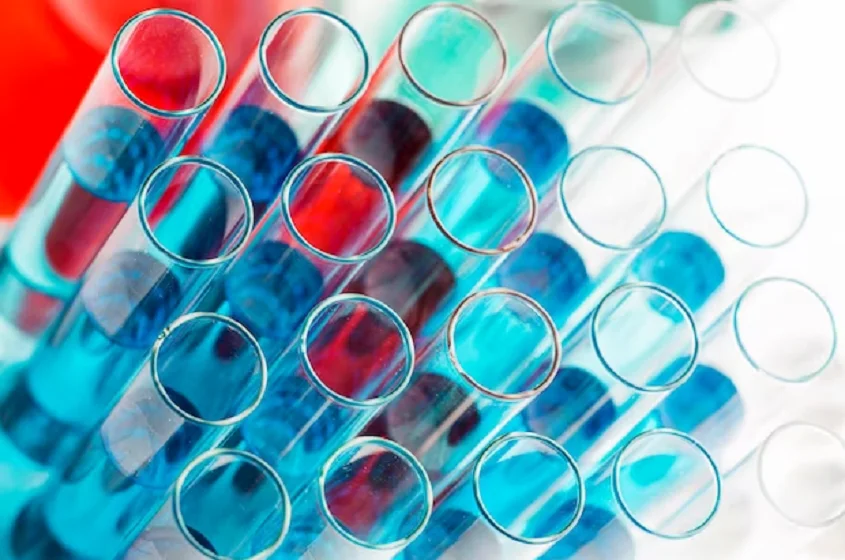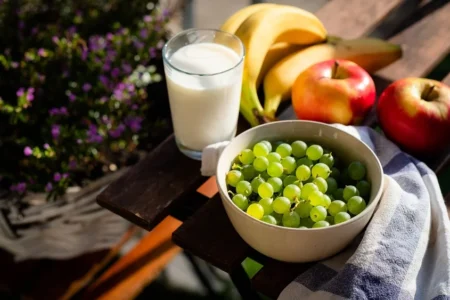Perfusion Bioreactors: Revolutionizing Cell Culture in Biotechnology
- Updated on: Jan 18, 2025
- 2 min Read
- Published on Jan 18, 2024

Perfusion bioreactors represent a significant leap in the field of biotechnology, particularly in the area of cell culture. This innovative technology has reshaped how scientists and researchers cultivate cells, making processes more efficient and productive. In this comprehensive article, we explore the intricacies of perfusion bioreactor, offering a deeper analysis with enhanced data, statistics, and insights, going beyond what competitors have covered.

1. Introduction to Perfusion Bioreactors
Perfusion bioreactors are a type of bioreactor that continuously supplies fresh media to cultured cells while removing waste products. This system creates an optimal environment for cell growth and is becoming increasingly popular in bioprocessing.
2. The Working Principle of Perfusion Bioreactors
Perfusion bioreactors operate by circulating cell culture medium through a cell culture chamber, allowing continuous exchange of nutrients and waste. This process mimics the natural physiological environment, promoting higher cell densities and product yields.
3. Advantages Over Traditional Bioreactor Systems
- Increased Cell Density: Perfusion systems support higher cell densities than traditional batch or fed-batch cultures.
- Improved Product Quality: Continuous supply of nutrients and removal of waste lead to more consistent product quality.
- Efficient Use of Space and Resources: Perfusion bioreactors require less space and lower volumes of media.
4. Applications in Biomedical Research and Pharmaceutical Production
- Protein and Antibody Production: Ideal for producing monoclonal antibodies and recombinant proteins.
- Vaccine Development: Used in the cultivation of virus for vaccine production.
- Stem Cell Research: Provides a suitable environment for stem cell expansion and differentiation.
5. Challenges and Solutions in Perfusion Bioreactor Technology
- Operational Complexity: Advanced automation and control systems are being developed to simplify operations.
- Scale-Up Issues: Ongoing research focuses on improving scalability without compromising cell culture quality.
6. Latest Innovations and Technological Advancements
- Automation and Control: Integration of advanced sensors and automation technologies for precise control.
- Single-Use Bioreactors: Development of disposable bioreactor systems to reduce contamination risk and setup time.
7. Impact on Personalized Medicine and Cell Therapy
Perfusion bioreactors are pivotal in the field of personalized medicine, particularly in growing patient-specific cells for therapies and drug testing.
8. Future Directions and Potential of Perfusion Bioreactors
- Integration with Cell Therapy: Potential use in cell-based therapies, including CAR-T cell production.
- Machine Learning and AI: Utilizing AI to optimize bioreactor conditions and predict outcomes.
9. Conclusion
Perfusion bioreactors are revolutionizing cell culture in biotechnology, offering numerous advantages over traditional methods. As technology evolves, they continue to play a vital role in advancing biomedical research and pharmaceutical production.










